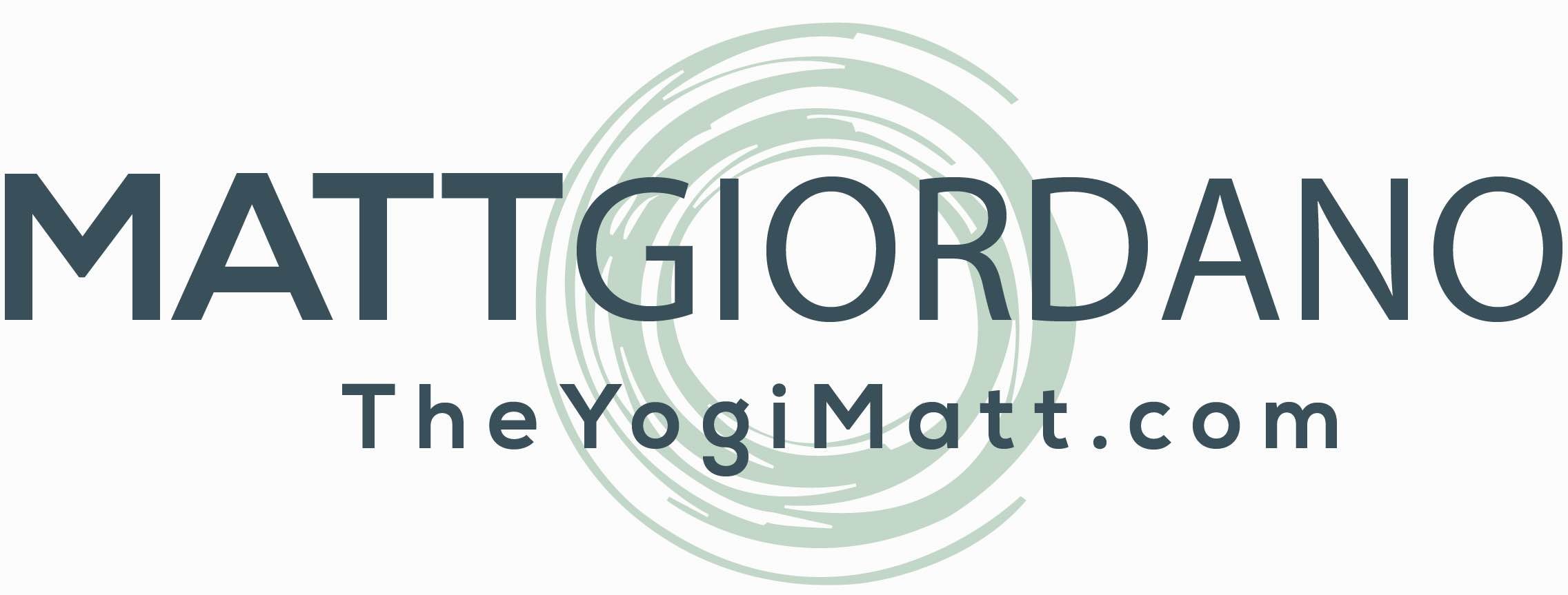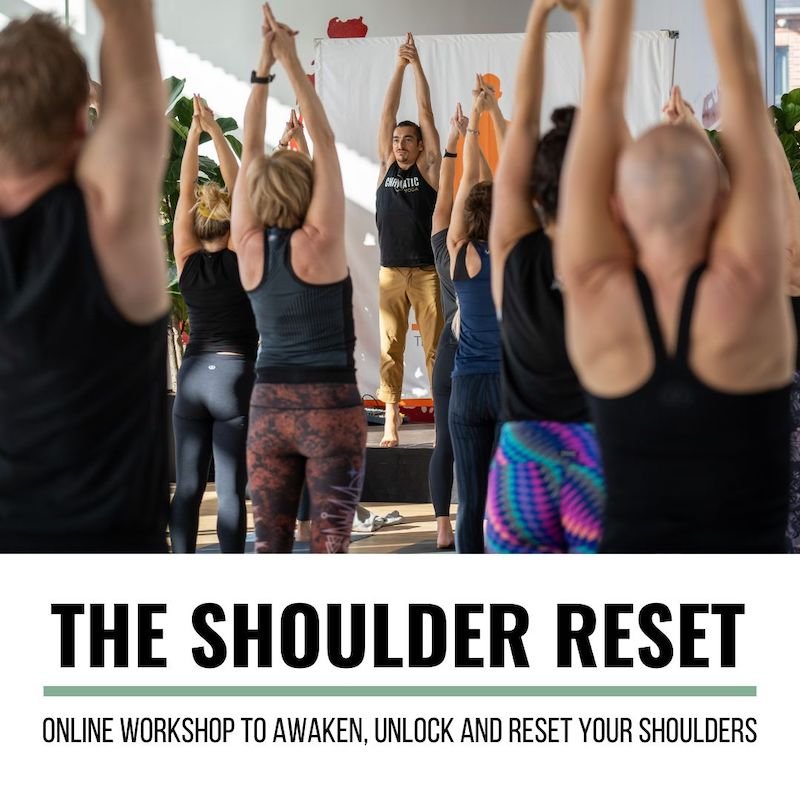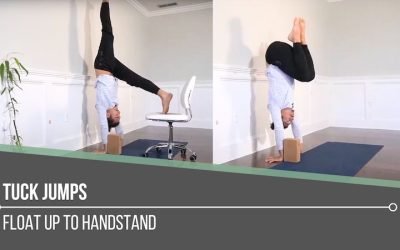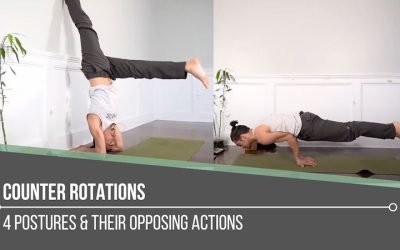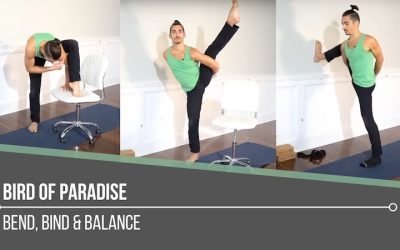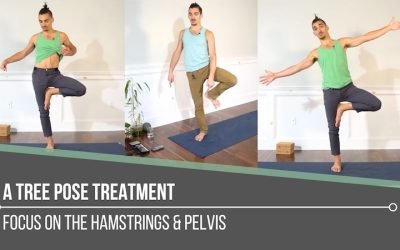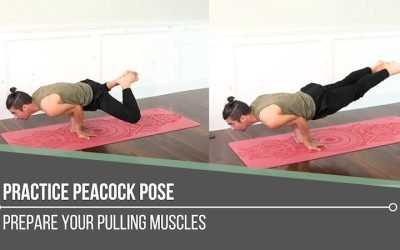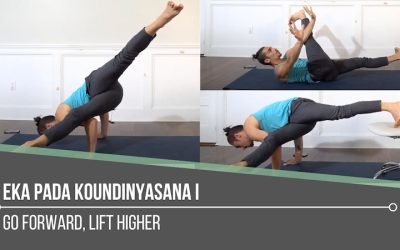Tuck JumpsHandstandTUCK JUMPS Without a doubt, tuck jumps are a confidence booster when it comes to preparing for handstands. When we go through the course of preparation, it’s not the first step, but it’s definitely a way of identifying where strength and...
Awaken Your Rotator Cuff Muscles
Awaken Your Rotator Cuff Muscles
6 Exercises for a More Stable Side Plank
BELIEF
AWAKEN YOUR ROTATOR CUFF MUSCLES
The rotator cuff muscles carry a great deal of responsibility. When healthy and strong, they help to keep the head of the humerus inside of the glenoid fossa, the cavity of the joint. Because it’s a ball and socket joint, the shoulder joint can be quite vulnerable, so awareness of its positioning in postures that require stability is essential. On the mat, there are many opportunities to bear weight on the shoulders, which can prove challenging if we don’t know how to stabilize in postures that require this type of support. Moreover, if we neglect to maintain activation where necessary, we miss opportunities to build strength.
A posture like Vashistasana, Side Plank, requires a vast amount of stability and strength. In today’s video, Matt demonstrates 6 essential exercises that help strengthen our rotator cuff muscles for maximum stability.
THE SHOULDER RESET
2-HOUR LIVESTREAM WORKSHOP!
- Technique-infused 2-hour workshop
- Non-dogmatic alignment awareness
- Chest/heart flexibility
- Increase active range of motion of the shoulder
- Learn shoulder anatomy as you practice
- Strengthen rotator cuff for stability and shoulder health
- Gain access to shoulder-focused postures
- Debunk popular alignment
- Skillfully guided sequence by the founder of Chromatic Yoga, Matt Giordano
ROTATOR CUFF: GET IN TOUCH WITH THE ANATOMY
There are 5 muscles in the rotator cuff group: the subscapularis, supraspinatus, infraspinatus, teres major, and teres minor. These are the muscles of internal and external rotation and of abduction.
The subscapularis and teres major are responsible for internal rotation, while the teres minor and infraspinatus are both external rotators. The last muscle, supraspinatus, contributes to the abduction of the arms.
When all of these muscles are co-activated, they suction and secure the head of the humerus into the shoulder socket. In the full class, Matt explains that these muscles are often stretched during our asana practice. For yoga practitioners, it’s therefore vital to create opportunities to strengthen these muscles for overall function, health, and longevity. This can be integrated into our practice on the mat, particularly if we understand the anatomy involved in performing a given exercise to strengthen the rotator cuff muscles.
WATCH THE VIDEO
AWAKEN YOUR ROTATOR CUFF MUSCLES: 6 EXERCISES FOR A MORE STABLE SIDE PLANK
6 EXERCISES FOR STRENGTH
Strengthen with a Strap
- Matt demonstrates ways to strengthen the infraspinatus and teres minor by pulling the strap apart into external rotation of the humerus, along with some retraction of the shoulder blades.
- Adding extra rotation and resistance will uplevel the activation.
Towel Rotations
- In Tabletop position, drawing circles with a towel under one hand will immediately activate the rotator cuff muscles due to the weight-bearing nature of the exercise.
- Here, understanding the difference between rotation at the radioulnar joint and the upper arm bone is key in connecting to the rotator cuff.
Block Raises
- Supraspinatus goes to work while holding yoga blocks and abducting your arms in slight internal rotation.
- Pushing the blocks back behind us while hugging in will again help activate the infraspinatus and teres major and minor.
200 HOUR ONLINE TEACHER TRAINING
GET CERTIFIED & DEEPEN YOUR YOGA PRACTICE
- Deepen your yoga practice
- Build confidence speaking in front of groups in person and online
- Learn foundational class structures and templates
- Learn techniques for a wide range of yoga postures
- Get certified and highly qualified to teach yoga
- Yoga Alliance Globally Recognized Certification Program
STABILIZE YOUR SIDE PLANK
There are articulations and joint alignments that are essential in creating healthy stability in Side Plank. In this variation, Matt demonstrates Extended Side Plank, utilizing a wall as a prop. The wall creates feedback that helps us better negotiate where and how to align the wrist and shoulder and to determine the distance between the standing hand and the feet.
In order to create stability in this posture, it’s imperative to retract the shoulder blade and externally rotate the humerus, which activates the infraspinatus and teres minor. Moving our hips (and thus more weight) towards the wall takes the shoulder away from directly stacking over the wrist, which helps to reduce the load on the shoulder joint. Once the foundation is set, expanding into the rest of the posture becomes more accessible.
300 HOUR ONLINE TEACHER TRAINING
GET 500 HOUR CERTIFIED AS A MASTER TEACHER
Master your skill set as a teacher through refined techniques, anatomy, biomechanics, sequencing, philosophy, meditation techniques, theming, yoga business, and much more!
- Get 500 hour certified
- Learn anatomy, biomechanics, asana techniques
- Expand your teaching skills
- Masterful sequencing and verbal delivery
- Learn meditation and breathwork techniques
- Transformative tools: theming, dharma talks, satsang
AWARENESS AND FOCUS FOR STRENGTH
If resistance bands or weights are unavailable, strengthening of the rotator cuff muscles can still take place with a variety of yoga props.
The exercises Matt demonstrates might appear to be simple in nature, but my goodness will they be a challenge! When executed with accuracy, they exhaust the muscles, which breaks them down in order for them to renew with increased strength.
It’s the well-placed effort (Abhyasa) that will inform our experience and translate into larger movements and postures like (Extended) Side Plank. Yes, it’s possible to strengthen the rotator cuff muscles with a variety of different tools and exercises, but when we apply technique and focus, our true potential unfolds.
Register for Matt’s upcoming Shoulder Reset workshop to learn and refine techniques to create strong, healthy shoulders.
The 200 Hr. Teacher Training: Click Here to See the Next Start Date
The 300 Hr. Advanced Teacher Training: Click Here to See the Next Start Date
Article by Trish Curling
Videos Extracted From: Anatomy In Motion
ONLINE ANATOMY COURSE
- Accessible, exciting, and easy to learn
- Anatomy and biomechanics for yoga
- Appropriate for both teachers and students
- Learn joint alignment vs pose alignment
- Demystify yoga poses and transitions
- Release aches and pains
- Learn how to avoid common injuries
- Caters to all levels with modifications and props
- 20 hours Continued Education Credits with Yoga Alliance
- 20 hours toward Chromatic Yoga Certification and 300 Hour
- Lifetime access
Continue Learning
Tuck Jumps
Counter Rotations
Counter RotationsStabilityCOUNTER ROTATIONS The isolation of specific articulations in a yoga posture can be tricky to implement when we’re still learning how our bodies move. When we begin to explore counter rotations, this layer might feel confusing or even...
Bird Of Paradise
Bird of ParadiseSvarga DvijasanaBIRD OF PARADISE In Bird of Paradise, we’re balancing while binding, which can be quite an undertaking. Preparation for this posture requires shoulder mobility, hip mobility, and a tremendous amount of strength. What we also need to be...
A Tree Pose Treatment
A Tree Pose TreatmentVrksasanaA TREE POSE TREATMENT Tree Pose may appear to be a posture we can just “jump into” because of its “accessibility” from anywhere we might be standing, but it definitely requires more refinement than we might think. A treatment to revive...
Practice Peacock Pose
Practice Peacock PoseMayurasanaPRACTICE PEACOCK POSE We go to our yoga practice for many different reasons at any given time. In our asana practice, we are sometimes seeking softness and ease. At other times, we might be striving for vigour and strength. Peacock Pose...
Eka Pada Koundinyasana I
Eka Pada Koundinyasana IArm BalanceEKA PADA KOUNDINYASANA I If Side Crow is already part of our practice, then Eka Pada Koundinyasana I is like adding on another layer to that posture, because they are quite similar. The added layer is that we extend the top leg...
THE FREE TECHNIQUE PACK
When You Subscribe, You Will Get Instant Access to
- the Technique Pack: 15 yoga pose breakdowns
- exclusive online course discounts
- exclusive blogs and videos
